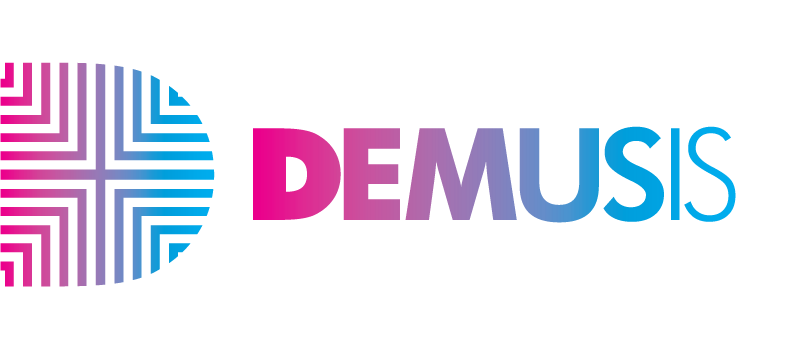The last planned study visit within the WP1.2. – Preparation and Analysis: Study visits to EU HEIs, focused on reviewing EU partners’ study programmes dealing with music in digital environments and entrepreneurship, took place in The Hague, Netherlands at the Royal Conservatoire (RC).
Participants: Prof. Dr. Ivana Perković, Vice-dean for research and international cooperation and DEMUSIS project coordinator, associate professor Milena Stanisić, DMA, associate professor Dragana Jovanović, DMA, Prof. Vladimir Cvijić, DMA, assistant professor, Dr. Ivana Ilić, assistant professor, Dr. Iva Nenić, assistant professor, Dr. Sanela Nikolić, (P1 – University of Arts in Belgrade), assistant professor Jovana Radovanović, (P3 – University of Kragujevac) Prof. Martin Prchal, Vice-principal of the RC, Prof. Ramon Verberne, Prof. Renee Jonker, Nynke Van Ketel, IR Coordinator of the RC (P4 – University of Arts the Hague-Royal Conservatoire)
As one of the prominent EU academic partner institutions, RC in The Hague was the host of the final study visit where the teachers from the Serbian music academic institutions had the opportunity to get a valuable insight into the good practices in domains of the entrepreneurship skills in higher music education.
First day of the visit begun with a brief introduction and presentation by Martin Prchal,
vice-principal of the RC about the role of entrepreneurship in specific study programmes at the RC, after which IRC Nynke Van Ketel gave a guided tour around the Royal Conservatoire.
By the end of the day moderators, Renee Jonker and Ramon Verberne offered interesting empirical insights into the introduction and setting of the learning agenda and teaching the entrepreneurship by discussing all challenges and processes on the way of enhancing the teaching methods and skills in this important domain. Renee Jonker, teacher at the New audience and innovative practices programme was talking about the defining the components for entrepreneurship teaching the understanding of entrepreneurship in music / professional integration possibilities.
Rather fruitful, interactive discussions and useful insights at this point of project realization (when revised and new study programmes at Serbian MHEIs are in process of preparation), were initiated by Ramon Verberne (also teaching in the New Audiences and Innovative practices programme) who metaphorically described the very teaching process of the entrepreneurship teaching. He described the process from two different points – strategies for teaching product based planning and strategies for budget and fundraising, encompassing all important aspects of entrepreneurial engagement.
During the second day of the visit moderators and visitors from Serbia continued to discuss other important aspects of the entrepreneurial education of musicians and music professionals by elaborating soft and hard skills, i.e. ethics and values and socially engaged artistic practice (which will, certainly influence the future students’ projects at the Serbian MHEIs planned for the third year of the project).
Afternoon sessions were dedicated to the strategies for teaching marketing and publicity. “How to deal with the on-line marketing” and “How to design a curriculum” were some of the questions which were discussed in mutual exchange of ideas.
Later during the day Serbian visitors attended the rehearsal of the Stockhausen’s Aus LICHT production (Holland Festival, Dutch National Opera in collaboration with the Royal Conservatoire) and this enabled a precious insight into the practical work of students and teachers of the RC.
On Saturday, the final day of the visit, the organizers offered interesting agenda based on a “fieldwork” – Applying entrepreneurial skills as teachers. It was the opportunity to explore the cultural entrepreneurship in The Hague through interaction with teachers and students. A “cultural walk” through the Hague Wood with the RC composition students enabled the less formal atmosphere and sharing immediate experiences with the students in the context (and at the moment) of their professional/social/cultural engagement.
This visit rounded the previously gained experiences and knowledge of the Serbian MHEI team members and will have the positive effect on the future new study programs in the domain of digital competences and entrepreneurship in music.

